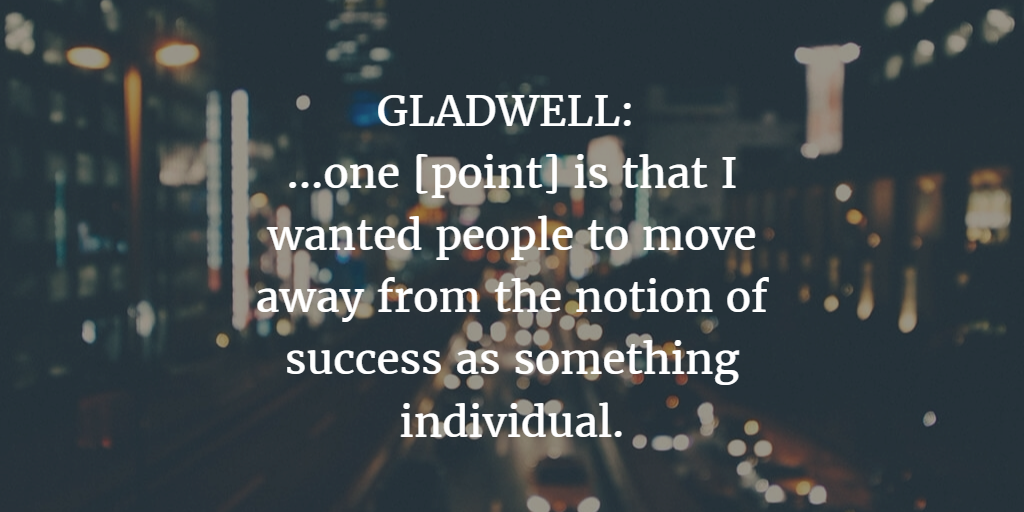On Excellence – Meet Yourself at Your Reality and Engage Your Passions Today
Published in Uncategorized.

Friday, October 21, 2016
As I watch the inauguration of Stanford University’s 11th president Marc Tessier-Lavigne I write this. I’ve been having thoughts about excellence a lot lately. Probably because I am a driven perfectionist – I cried in elementary school when I felt I couldn’t draw well or complete my homework assignment as good as I thought it needed to be.
Also, though, many of us live in a culture where excellence is revered. Excellence is the signal, it’s the product, it’s the object. It’s easy to see, easy to point to, easy to call out. And I might claim it’s part of the human condition. We venerate those who have excelled in some area. Hello Stanford University! (Maybe they excel a little at marketing too, not just scholarship!)
Granted, there are those who don’t worry much about excellence as is being discussed here. They walk through life to their own beat, not worrying about what the broader culture sees as excellence. Unsung heroes, they may be those that work 9-5 and are the heroes of their family. I acknowledge that these people exist. And perhaps they exist to build up those around them and that’s enough. Actually, Malcom Gladwell in an interview with Stephen Dubner stated something similar: The point in Outliers was that the dedication to deliberate practice it takes to become expert necessitates a huge effort that may not have been possible without a strong supporting cast of characters – parents, teachers, friends, mentors.
But, back to the point as I write this today for myself, to clarify my thoughts. Not for you or the broader world who might say my obsession with excellence is ill-advised. I have the obsession and I can’t kick it. I’m not sure I want to even if it is poor for my mental health. What I want to do is explore some ideas to perhaps help myself come to terms with the obsession. If I help like-minded individuals in the process, all the better.
First, a little background. My obsession with excellence manifests in my daily dreams. So much so that my daily life is a huge disappointment to my dream life. Here I am, working at a great institution, an “excellent” institution according to the opinion of many around the world. But I am only a small cog in the great machine. My job requires me to do “menial” work such as financial analysis, billing, budget reviews, accounting. How does this work relate to the great mission of Stanford University? I intellectually know the answer, but it’s so far removed from the mission I so support that it’s difficult to feel emotionally connected to it.
However, as I do my work here, I do feel a strong emotional connection to podcasts such as Freakonomics, Revisionist History, The Tim Ferriss Show, and The James Altucher Show. I’m amazed by people like Warren Buffett, Charlie Munger, Bill Gates, Nathan Mhyrvold, Mike Rowe and perhaps a little closer to my orbit because I’ve actually met them, Guy Spier and John Mihaljevic. These people have “made it.” By “made it” I mean they appear to be doing what they want to do and making a decent living at it.
This brings me to the fundamental problem. What makes these people different? Well, I can’t say for sure, but after reading and listening a lot, I have a theory: They read and listen like I do, but they are making their own unique contribution to the world: Querying the hidden side of everything, an epic storyteller who brings disparate stories into a unified theme, an avid learner deconstructing top performers, and a serial failure who has turned himself into a self-help guru.
You see, I see their success, but I less often see their failure or the process they follow to achieve outward success. It takes work. A lot of work. This is the part that the audience often misses and why it’s so important that Warren Buffett says to “tap dance to work.” I don’t need a passion for passion’s sake. Just because passion exists doesn’t mean my life is suddenly nirvana, heavenly, or euphoric. It simply means that I have the persistence, resilience, and to use a popular term of late, “grit,” to sustain work at something through the challenges; to continue working to produce something excellent despite the obstacles.
So, while I listen to Tim Ferriss deconstruct world class performers, I’ve started to integrate his work into my own thinking. The tips and tricks he uncovers are useful, but they’re often surface level. I can listen to the tips and tricks of others, but I have to find my own tips and tricks. Trying to use others’ without making them my own will ultimately fail. Like all wisdom, it’s a matter of relations. I have to fit new tools relationally to the tools I already have. By following that process, I make it my own. I internalize it and so am much more likely to use it in my own life.
Which brings me back to passion. Tap dancing to work isn’t something I should only do when I have a job that aligns with my “passion.” It is something I should do no matter what. It’s an internal mindset to cultivate. I can tap dance to work no matter what work is. And I must. Because there is no perfect job, there is no perfect career. These are the illusions of my dreams and if I allow them to dictate the effort I put forth, I won’t be developing the skills and mindsets that I will need to bring to a job that is aligned with my passion.
I’ve been with Stanford a little over four years now. Promoted, demoted, and everything in-between. It’s not the job that brings out my passion, it’s my passion that makes the job. What an amazing learning opportunity it’s been to have various responsibilities over four years and various levels of engagement. Those responsibilities haven’t been that much different. What’s been different is my reaction – when I’m getting what I want and when I’m not. What a humiliating experience – and I mean that as positively as possible – to realize that I bring my passion to work when I get what I want and I don’t when I’m not getting what I want. At the beginning of my career I thought I was a hard worker, absolutely. I have learned that I am a hard worker, but it’s not an absolute characteristic. It’s relative to the exterior results.
And, again, we come back to passion. What is my passion? I have many, not one. I have a passion for rewards. I have a passion for excellence. I have a passion for deep work. I have a passion for value investing. I have a passion for connecting with others. So, the question is not ‘What is my passion?’ The more useful question is ‘What passion can I engage today to pursue the best performance I am capable of?’ The answer today is excellence, personal growth, helping others. I can’t engage my passion of value investing as much as I would like today. Maybe one day, maybe this weekend. I can’t engage my passion for rewards today because, quite frankly, my performance of late does not deserve them. But I can engage other passions and I should because it makes me feel good to do well at work. When I feel good about work, I have more confidence and energy to pursue reading, value investing, blogging, etc.
As we pursue excellence we must allow our dreams to meet with our reality. We have to meet ourselves where we are at because the alternative is not helpful, it’s depressing. ‘Oh, I’m not where I want to be. Oh, I will never get there. Oh, I’ve gotten more than I ever really believed I would, but it’s not enough.’ These thoughts aren’t helpful.
So, I encourage you to listen to the Warren Buffetts, Tim Ferriss, and James Altuchers of the world. But in so doing, remember that cultural filters block out the process and focus us on the excellence of their results. They are human just like you and I. They’ve been on a journey of mixed success just like you and I. As they persist so can we. But in order to persist, find your passion now. Take what Buffett says and modify it: Don’t find what you love doing and pursue it, find what you love about what reality necessitates you do today and pursue that. Then, as you achieve excellence today, it’s much easier to steer to higher levels of excellence as you tweak your career to be more fully aligned with your passions. Find the passions today, don’t wait to find your absolute ideal passion in the dreams of your future. You will forever be disappointed because ideals can never be achieved – you will forever chase an illusion that does not exist in reality.
Be well,

Justin Foeppel